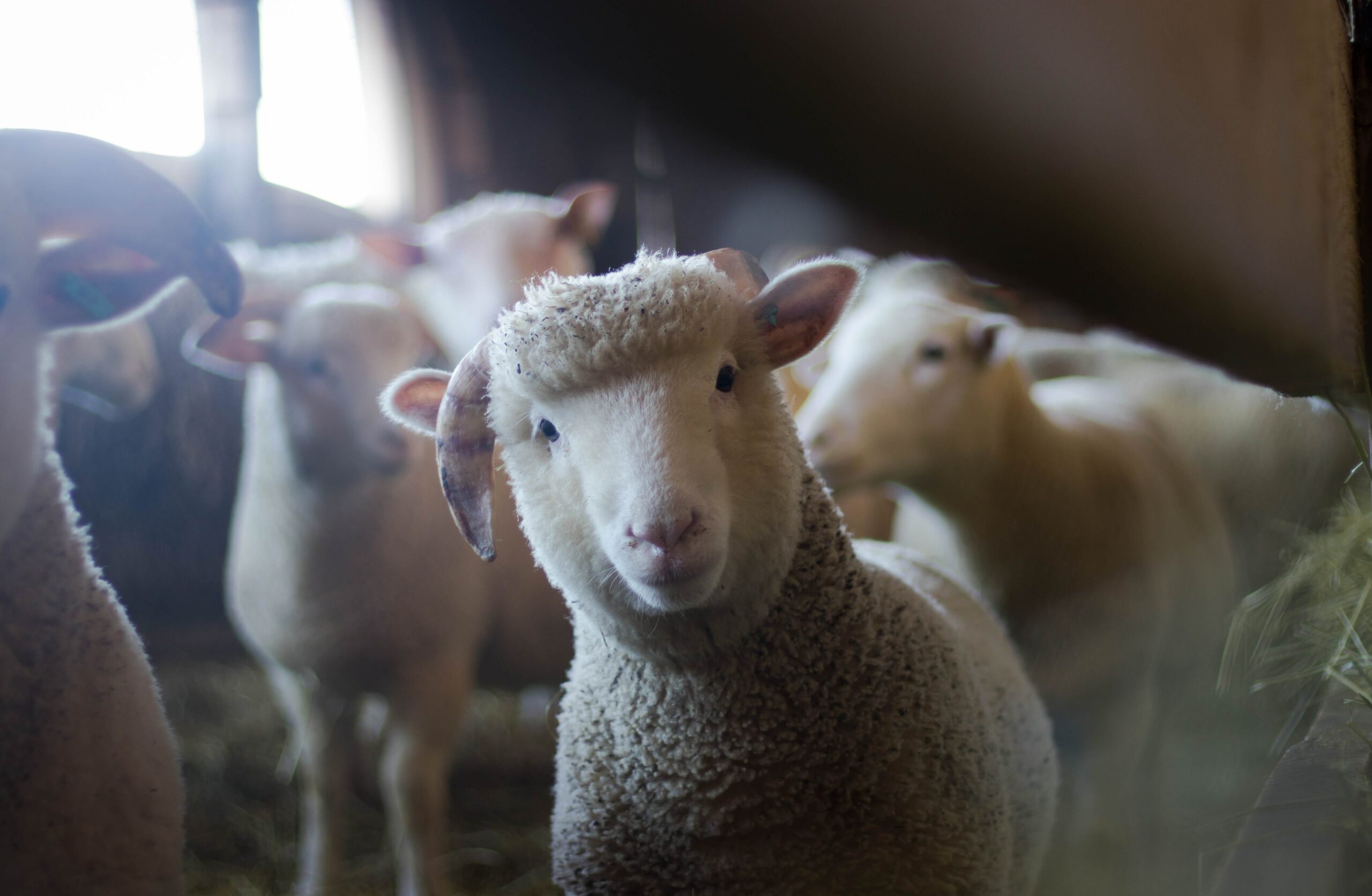
Should animals have the right to vote?
Should animals have the right to vote? Yes, according to British lawyer and philosopher Ioan-Radu Motoarcă. In an article in Analysis, a journal hosted by Oxford University Press, and in an OUP blog post, Motoarcă contends that voting might be a better way than legislation to promote animal welfare.
Unsurprisingly, bioethics commentator Wesley J. Smith exploded in the National Review:
Look, I know this sounds insane — precisely because it is. But since when does irrationality stop radicals? Indeed, that one of the foremost academic publishers in the world granted an animal-rights ideologue the space to propose such a ridiculous idea seriously demonstrates how thoroughly the intellectual set has been infected with the virus of anti-human exceptionalism.
Motoarcă faces an uphill battle in persuading the public to accept his proposal. The first hurdle is that prominent animal rights philosophers, including Peter Singer and Gary Francione, have dismissed it as “obviously absurd”.
And constitutionally, it would be fraught with difficulty. How would they vote?
Motoarcă attempts to allay his readers’ objections by answering three objections.
First, animals would only be able to vote on matters relating to their own interests. Second, it would be more effective at protecting their interests than legislation. And third, animals are being treated so badly that something must be done. “Given the almost universal indifference to animal suffering and the size of the animal-based food industry, an animal voting system would be better than nothing,” he writes.
The weightiest objection is that animals are not competent to vote. But many humans are not competent either, responds Motoarcă.
It would be exceedingly optimistic to expect all adults who can vote to be able to distinguish between various parties and policies at stake. Consequently, a consistent application of this criterion would require implementing some sort of competence testing, resulting in the exclusion of a lot of people from the franchise. From a democratic point of view, this is an unwelcome consequence.
It’s not clear from Motoarcă’s proposal how animals’ human representatives would be chosen. Presumably they would be animal rights activists – thus confirming Smith’s fear that “Animal-rights ideologues would vote on behalf of those that — not who — can’t vote for themselves, and always against allowing human uses of animals.”
